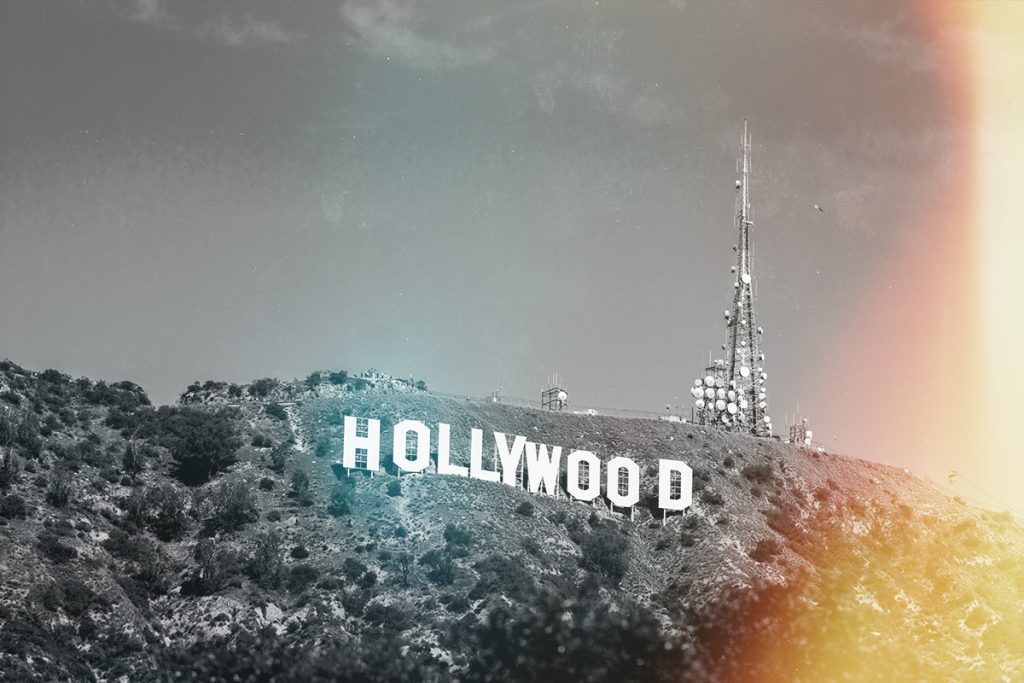In a groundbreaking blend of technology and nostalgia, the estates of Hollywood icons have authorized the use of their voices in conjunction with artificial intelligence. Notably, actress Judy Garland, famous for her role in “The Wizard of Oz,” will soon have her voice digitally recreated to narrate the beloved children’s novel through ElevenLabs’ Reader app.
ElevenLabs, a leading AI company, has embarked on an innovative initiative to bring digitally produced voice-overs of deceased actors to life. Alongside Garland, voices of icons such as James Dean and Burt Reynolds will also be featured on their platform. The Reader app by ElevenLabs converts various text formats—articles, PDFs, and e-books—into audio, aiming to enhance accessibility across different languages and vocal styles.
This project pays tribute to the legacies of these Hollywood legends, with ElevenLabs securing agreements with their estates. While specifics regarding compensation remain undisclosed, this collaboration highlights AI’s potential in improving content accessibility while raising ethical questions within creative industries like journalism and film.
The use of AI to recreate voices raises significant concerns surrounding copyright and authenticity. Recently, OpenAI faced criticism after introducing a synthetic voice resembling Scarlett Johansson’s character from “Her,” despite Johansson’s objections to the use of her likeness. Legal experts note that while individuals cannot copyright their voices, recordings can be copyrighted, leading to complexities in the application of AI-driven media.
David Gunkel, a professor at Northern Illinois University specializing in AI in media, explains that AI models are trained on existing recordings, which are subject to copyright laws. He emphasizes that agreements with estates involve substantial financial considerations, similar to licensing deals for popular music in advertisements.
Bern Elliot, an analyst at Gartner, underscores AI’s advancing capability to replicate speech patterns and tones with minimal audio data. This technological leap, while promising in terms of innovation, raises questions about voice monetization and ownership rights.
Meanwhile, media organizations are increasingly adopting AI for voiceover applications. NBC, for example, has announced the use of an AI-generated version of sportscaster Al Michaels for its Peacock streaming platform’s Olympic coverage, with Michaels receiving compensation for his involvement.
The reception of AI-generated voices among mass audiences remains uncertain, as debates over authenticity and market acceptance persist. Gunkel suggests that audiobooks narrated by familiar voices are highly sought after, indicating potential market interest in AI-enhanced content narrations.
As AI technology continues to evolve, its impact on creative industries and ethical boundaries will continue to be scrutinized. The ability to replicate voices raises broader questions about the intersection of technology, ethics, and intellectual property. While advancements promise greater accessibility and innovation, they also challenge traditional notions of voice ownership and authenticity in media.
These ongoing developments underscore a pivotal moment in AI’s role in media production, urging stakeholders to navigate legal, ethical, and cultural considerations. As the industry progresses, finding a balance between innovation and responsibility in leveraging AI-driven capabilities will shape the future landscape of digital content creation and consumption.
ElevenLabs’ initiative represents a significant leap in harnessing AI to honor and perpetuate the voices of Hollywood icons. Yet, it also prompts critical reflections on the implications for copyright, authenticity, and ethical standards in the digital age.


